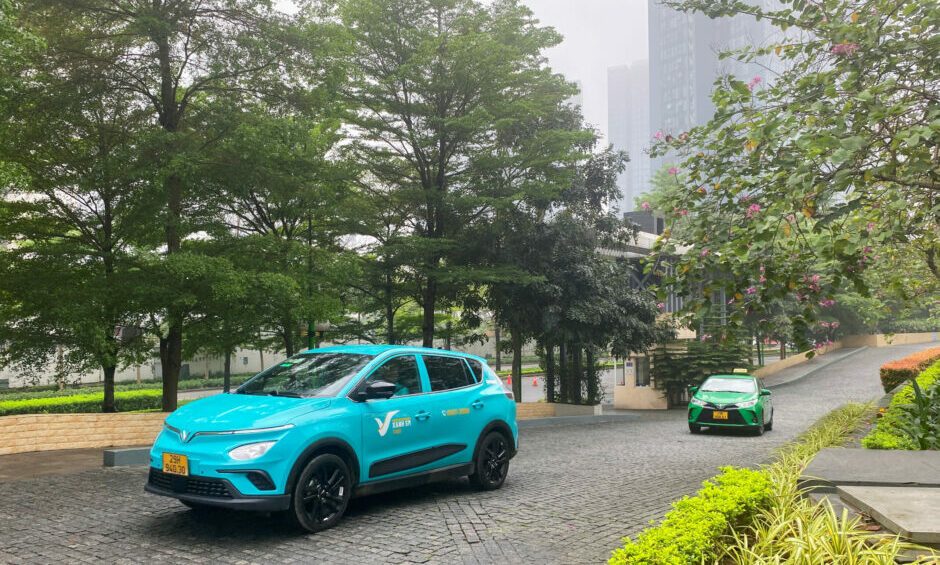SHANGHAI — China successfully launched a rocket on Thursday carrying the core capsule for the construction of the country’s maiden space station.
The Long March-5B Y2 rocket left its launchpad in the southern province of Hainan shortly after 11 a.m. local time, according to the China Manned Space Agency, with the core capsule Tianhe, or Harmony of Heavens, measuring 16.6 meters long and 4.2 meters wide.
When complete, Tianhe will form the key structure of a 90-metric-ton T-shape space station called Tiangong, or Heavenly Palace, becoming the second such space facility in orbit following the International Space Station. The ISS is sponsored by the U.S. and countries including Russia, Japan and Canada.
Tiangong, scheduled for completing next year, will consist of the core capsule and two experimental modules to host astronauts and their scientific research.
It is expected to last for 15 years and could be the only space station left when the ISS — which celebrated 20 years in operation last year — reaches the end of its life a decade from now.
China’s space exploration program is set to gather pace under President Xi Jinping, who has aimed to cut reliance on foreign technology under the country’s latest five-year economic plan which runs through 2025. In an article published last month, Xi said advancement in science and technology is a means to achieve prosperity and national rejuvenation.
“China cannot ask for, buy or beg for core technologies in key fields from other countries,” Xi was quoted by the state-run Xinhua News Agency on March 15. “Only by holding these technologies in our own hands can we ensure economic security, national security and security in other areas.”
Thursday’s launch marks the second for the Long March 5B, the country’s heavy-duty orbital rocket that made its maiden flight last year.
The country has more than 40 orbital launches planned for this year, according to the China Aerospace Science and Technology Corp., reflecting the country’s space exploration ambitions at a time when the U.S. is barely increasing funding for the cost-consuming National Aeronautics and Space Administration.
U.S. President Joe Biden proposed earlier this month a $24.7 billion budget allocation for NASA for the fiscal year starting Oct. 1, an increase of $1.5 billion from the previous year.





